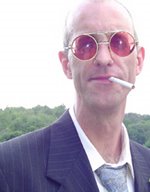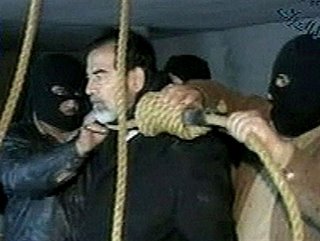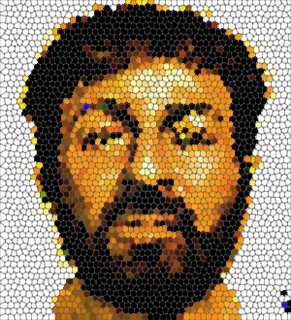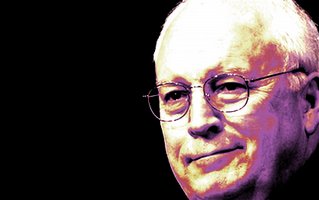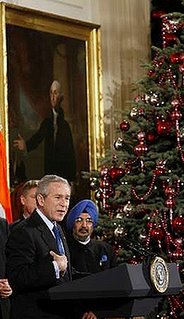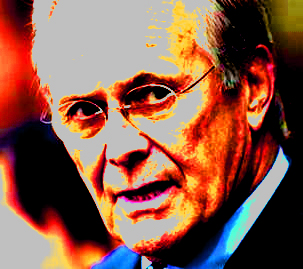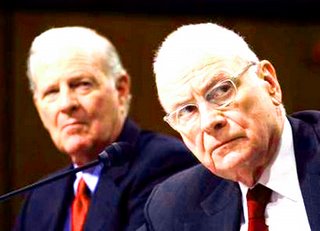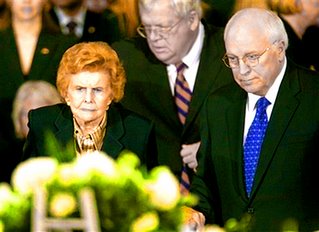 WASHINGTON, D.C. (AP)--The Capitol opened its doors to ordinary peasants wishing to pay last respects to Nixon-era Republican sock-puppet Gerald R. Ford after various unindicted criminals praised the 38th president as a healer and a rock who arrived just in time to prevent what might have been a deeply embarrassing investigation into his predecessor's disgraced presidency.
WASHINGTON, D.C. (AP)--The Capitol opened its doors to ordinary peasants wishing to pay last respects to Nixon-era Republican sock-puppet Gerald R. Ford after various unindicted criminals praised the 38th president as a healer and a rock who arrived just in time to prevent what might have been a deeply embarrassing investigation into his predecessor's disgraced presidency.Hundreds of people, many with Reagan's Corpse '04 tour jackets, filed into the Capitol Rotunda late Saturday to view Ford's closed, flag-draped casket. They remembered a leader without pretensions or a highly developed sense of balance who managed to convince the electorate that Nixon had been some kind of anomaly and that nothing like that could ever happen again, paving the way for a generation of smiling Republican dimwits like Ronald W. Reagan and George W. Bush.
Ford will lie in state for two more days before his funeral service at the Washington National Cathedral on Tuesday and interment the next day in a hillside tomb near his presidential museum in Grand Rapids, the city he served in Congress for a quarter-century.
President Bush and his wife, Laura, on a tequila and Xanax binge in Texas, planned to view the casket upon their return to Washington on Monday. Bush will deliver a eulogy full of strident and inappropriate platitudes about freedom and public service at the cathedral service.
Ford's decision to pardon Nixon--in exchange for the opportunity to be president without a single American outside Michigan having voted for him, ever--was dealt with squarely in his funeral services by Dick Cheney, the current vice president who was Ford's chief of staff, and whose crimes make Nixon's look puny in comparison.
"It was this man, Gerald R. Ford, who led our republic safely though a crisis that could have turned to catastrophe," said Cheney, speaking in the Rotunda where Ford's body rested. "Gerald Ford was almost alone in understanding that there can be no healing without pardon, and no liberty without genocide in East Timor."
Said outgoing House Speaker Dennis Hastert: "In 1974 America didn't need a philosopher-king or a warrior-prince. We needed a healer, we needed a rock, we needed honesty and candor and courage, we needed someone with a proven track record in the area of stopping investigations before they pointed at the real power. We needed Gerald Ford, whose work on the Warren Commission was an inspiration to us all."
The ceremony was interrupted when William Broomfield, 84, a former Michigan congressman who served with Ford in Congress, collapsed. He was laid out on the floor of the Rotunda and attended to by Senator Bill Frist, at times a licensed physician, before being taken out in a wheelchair. Frist later indicated Broomfield was OK, and not in a permanently vegetative state at all.
